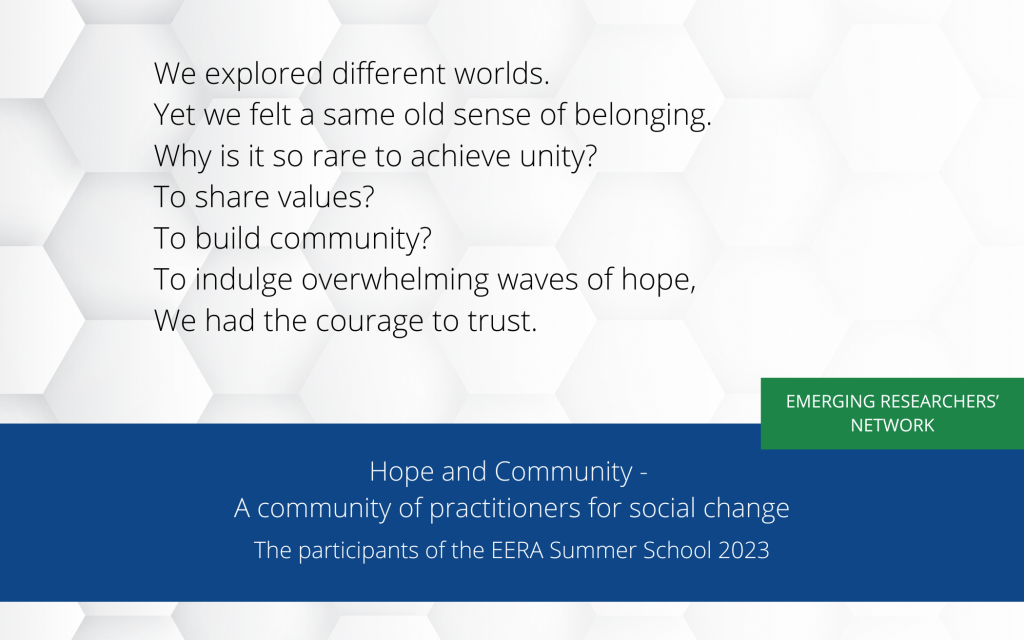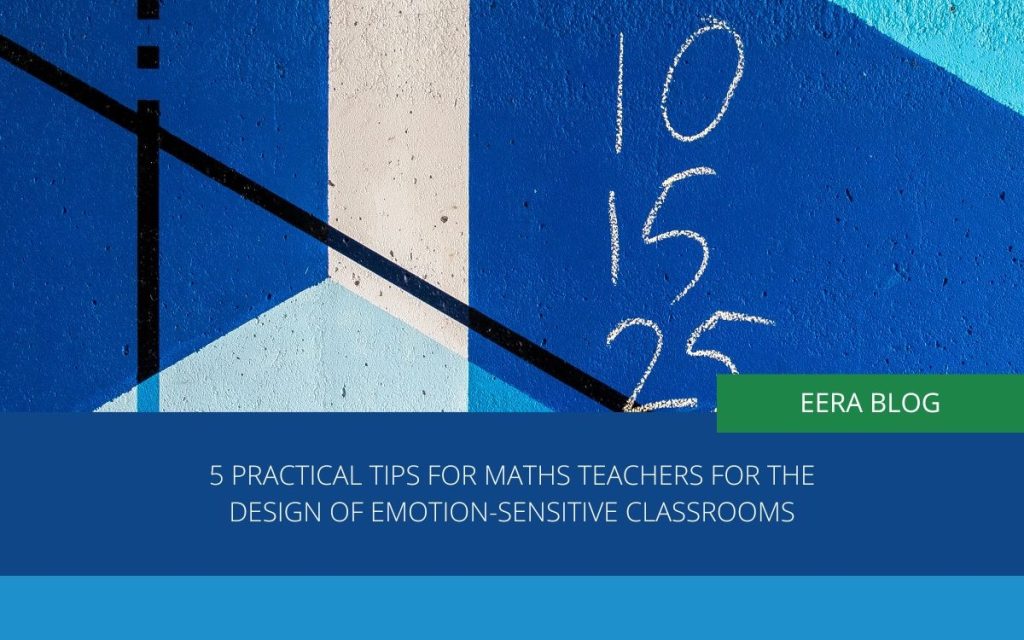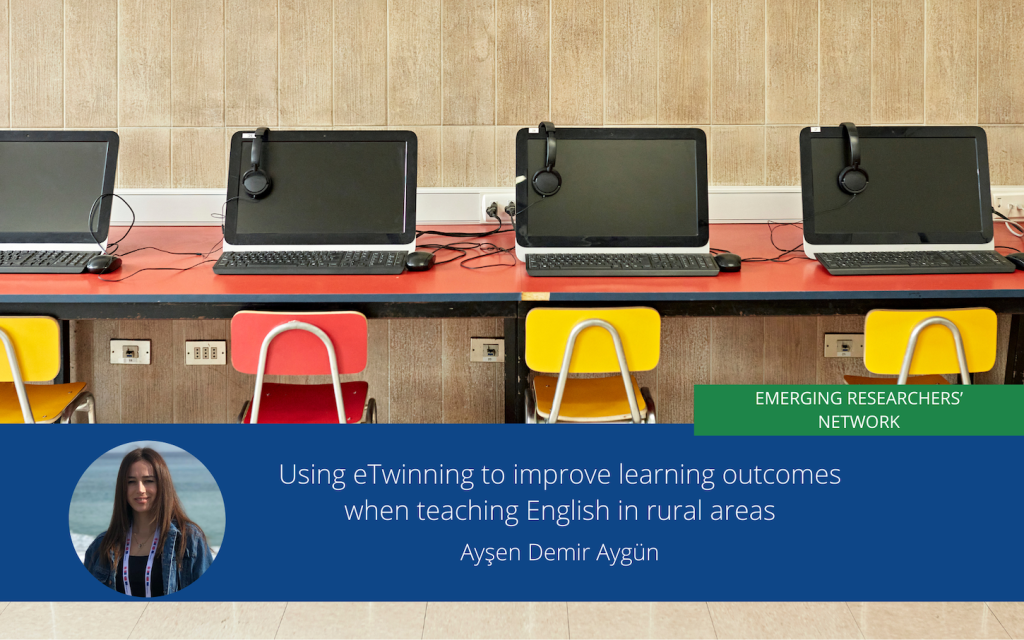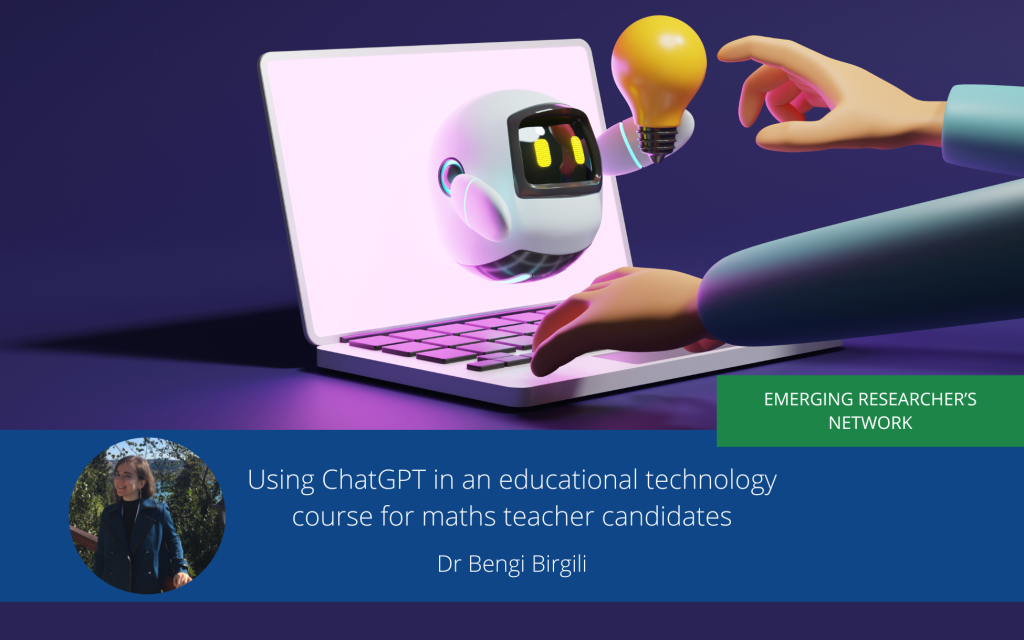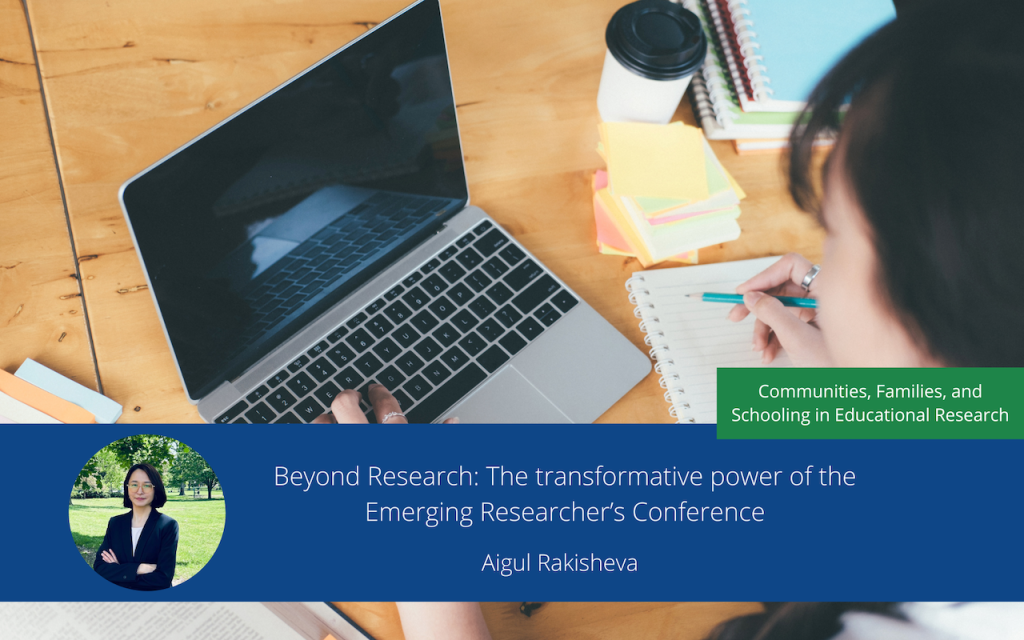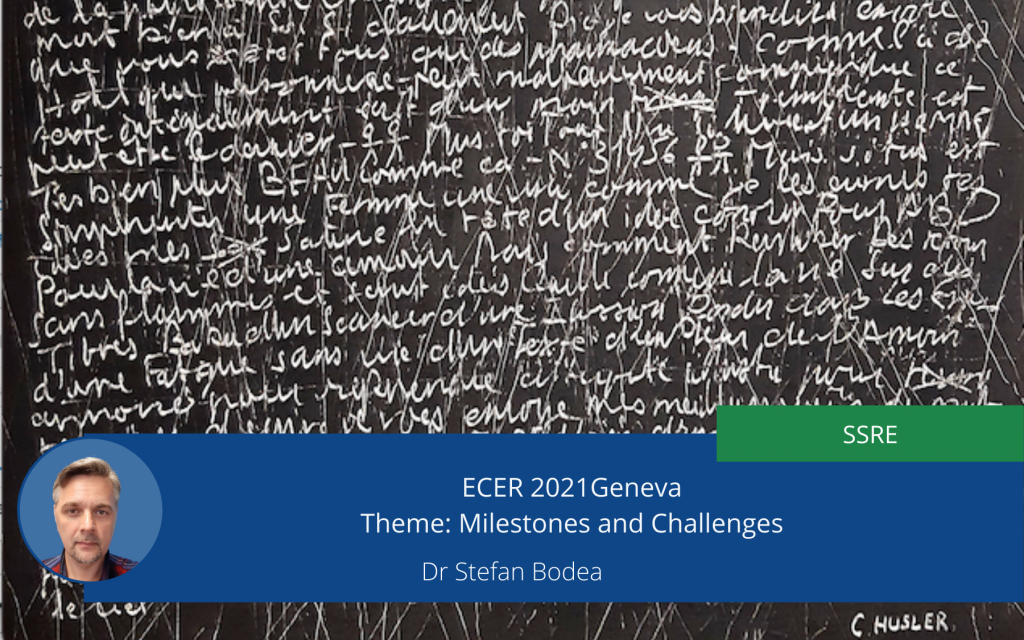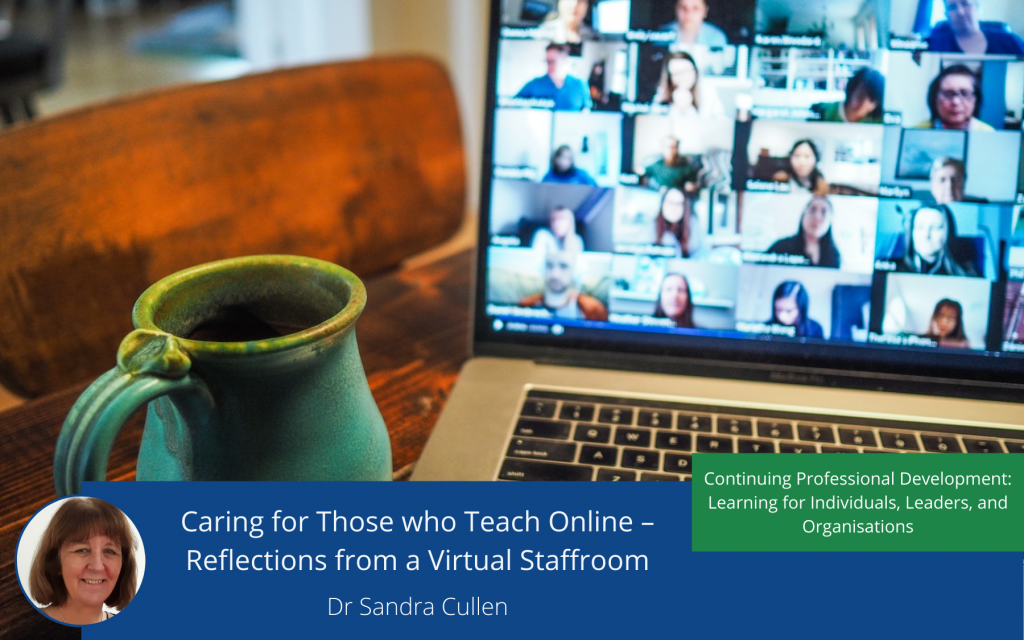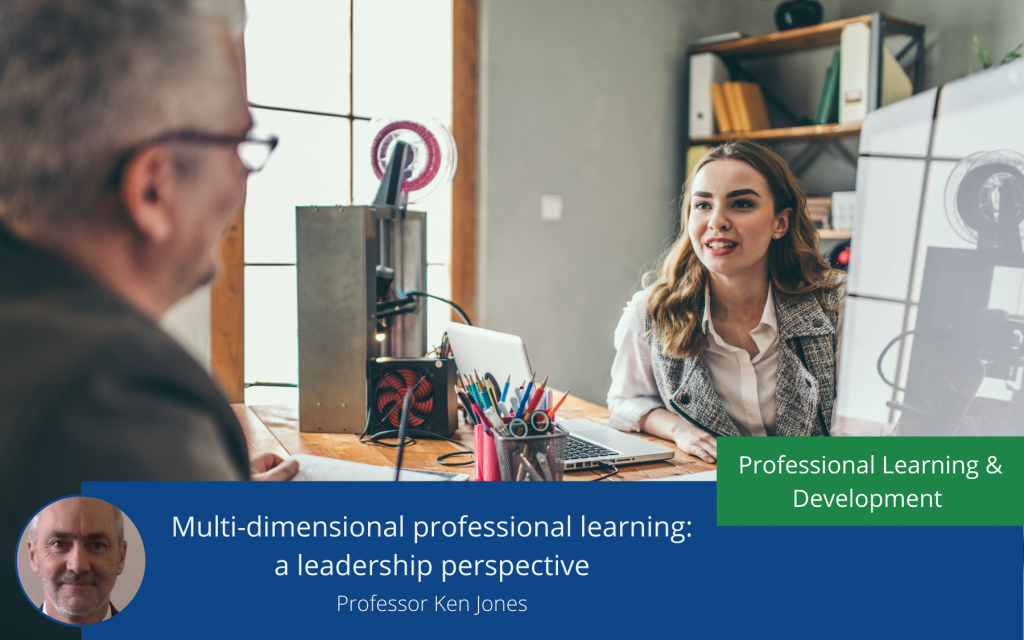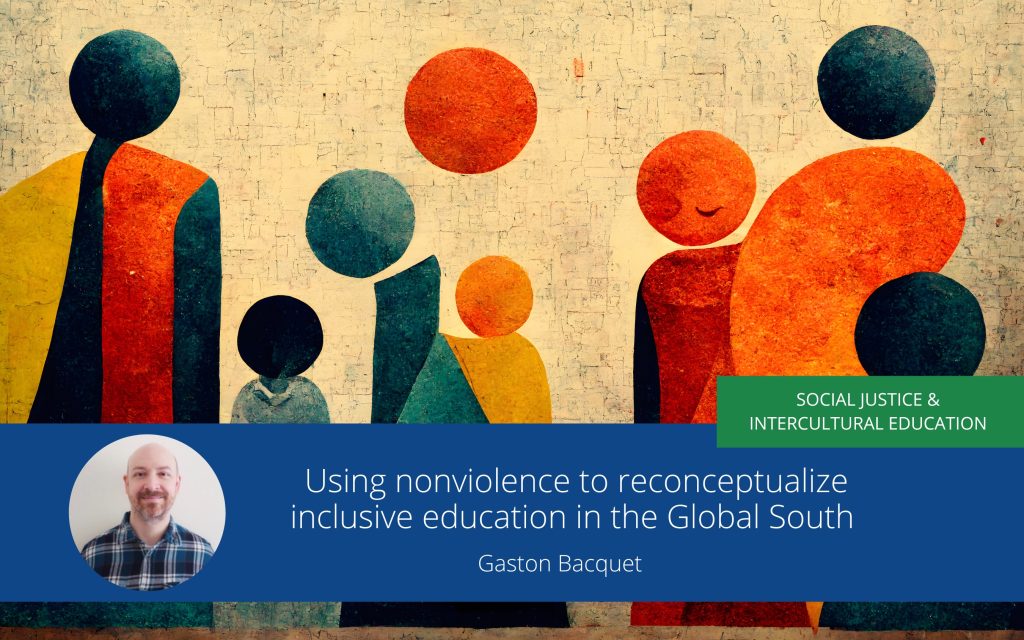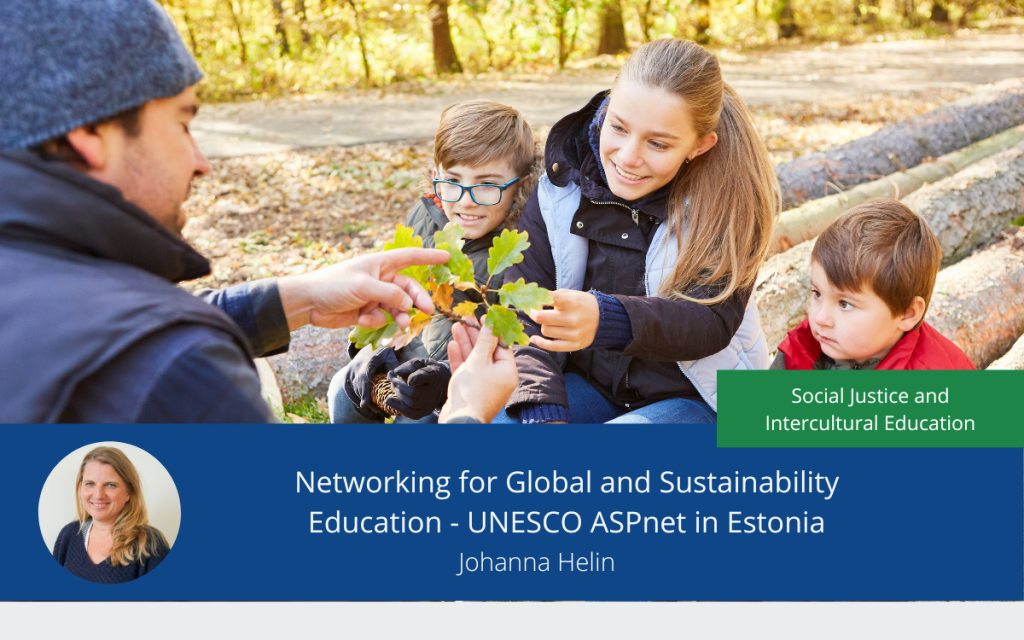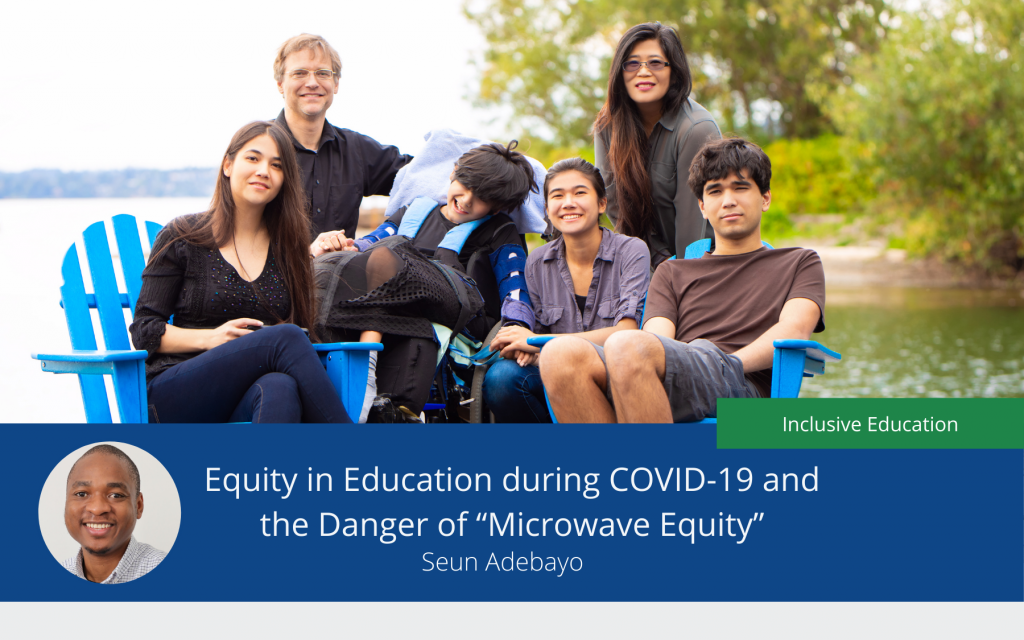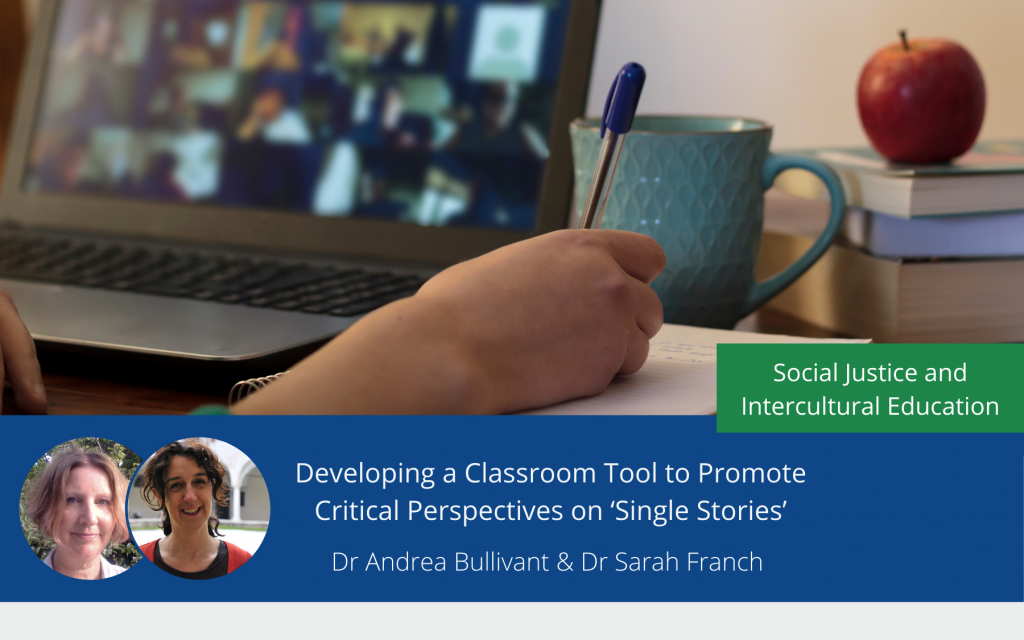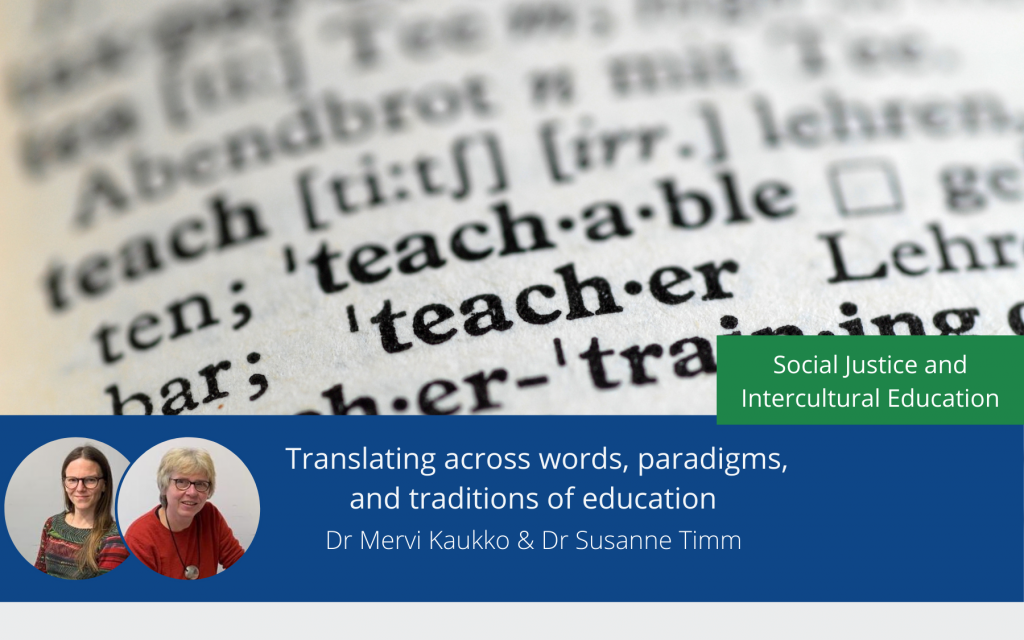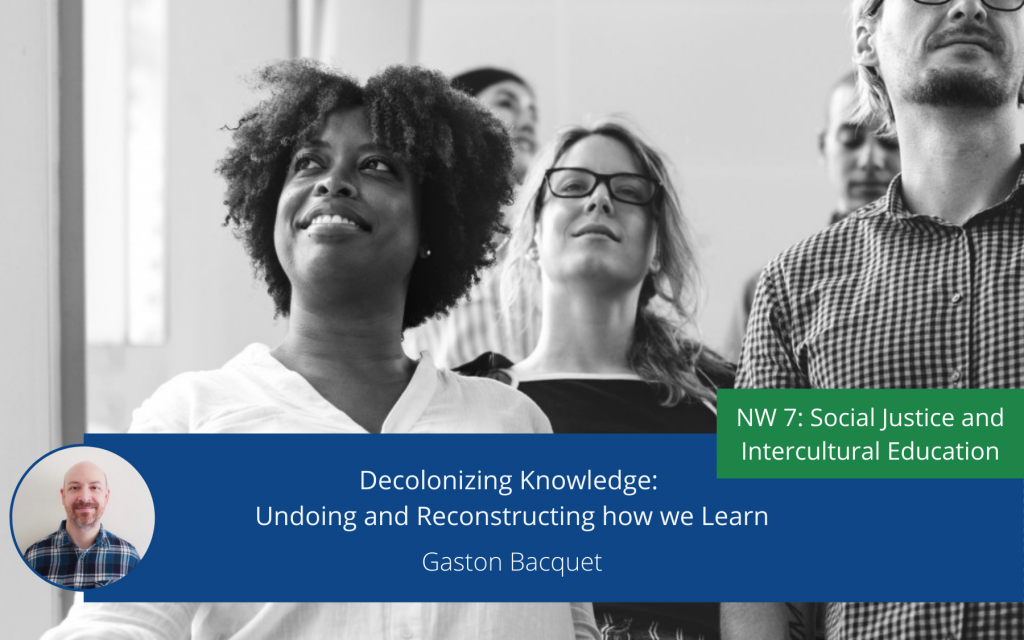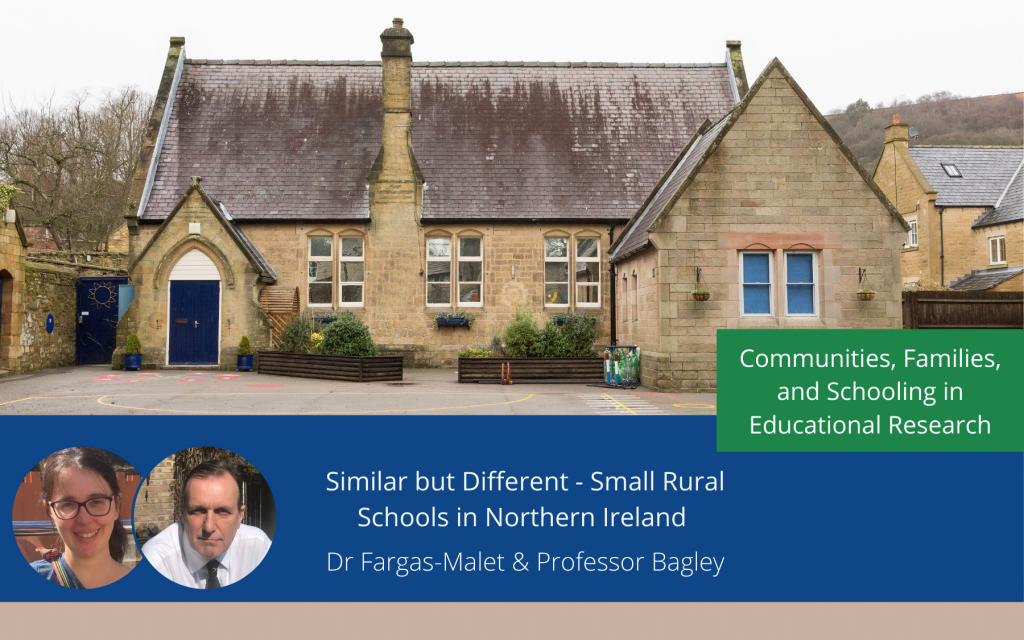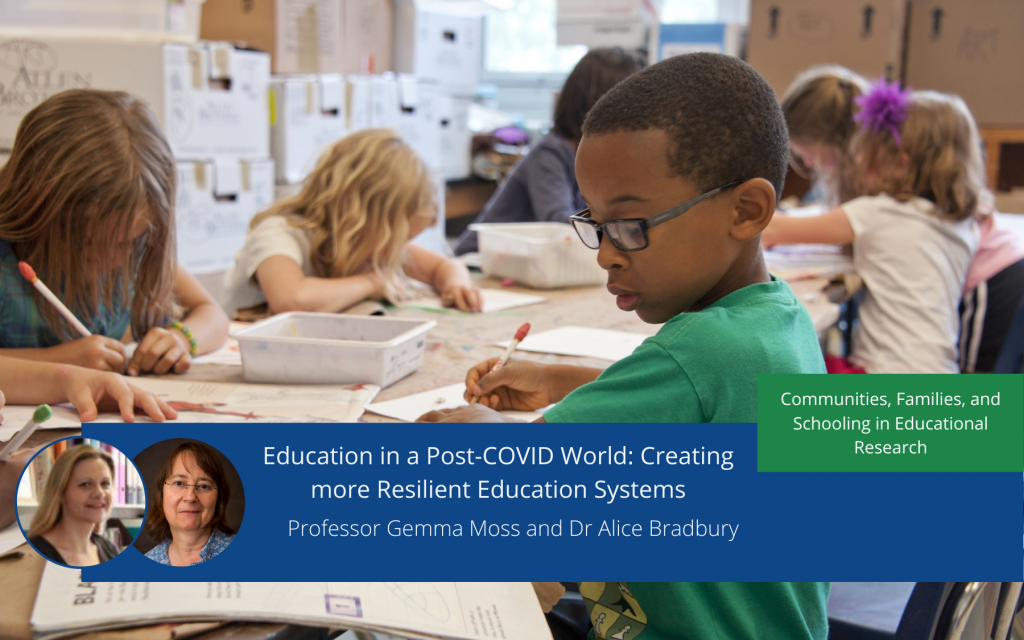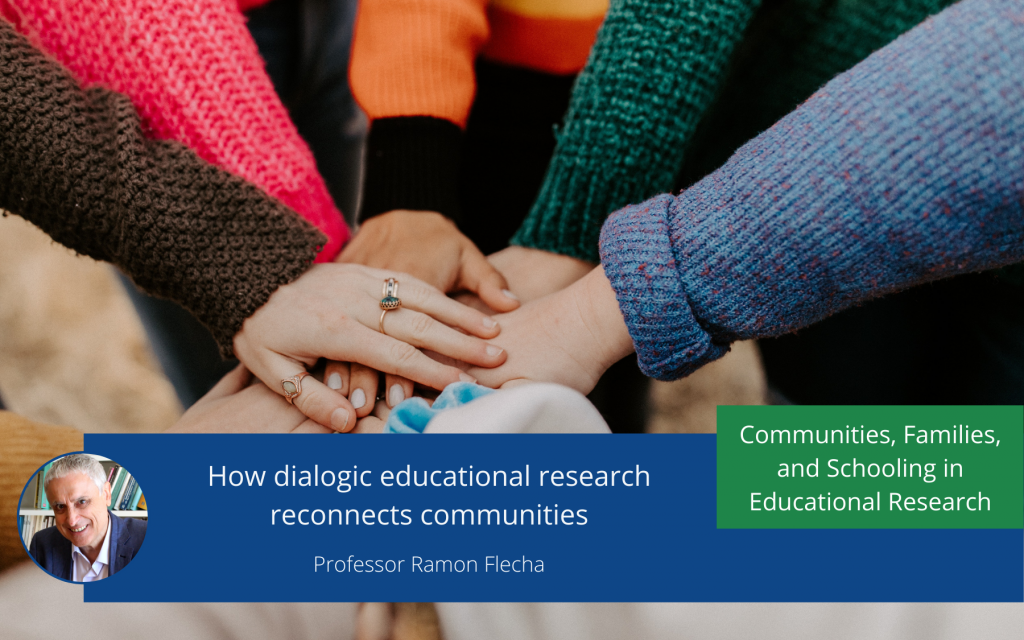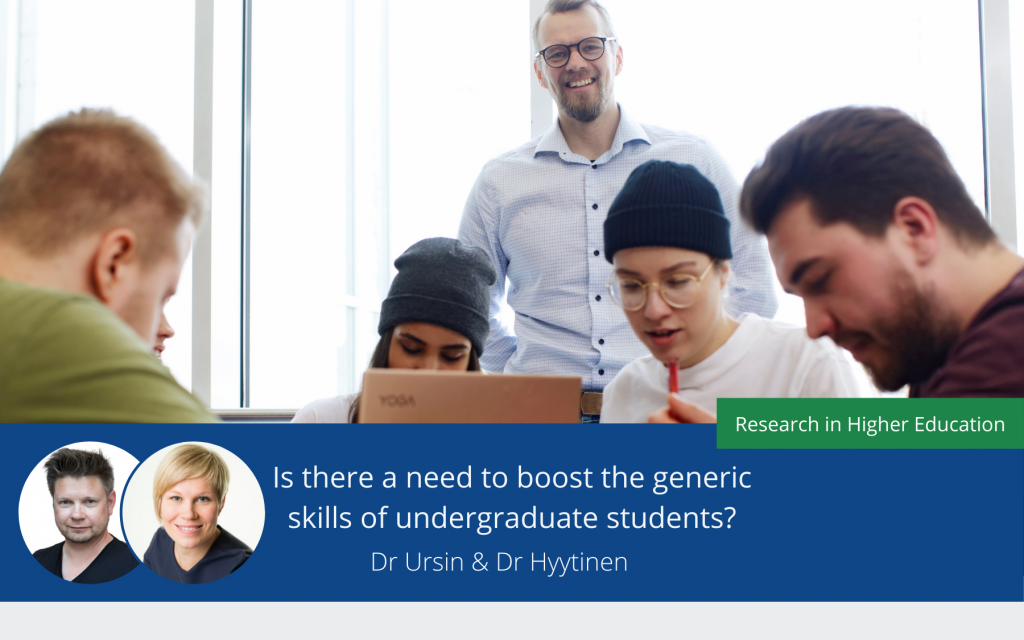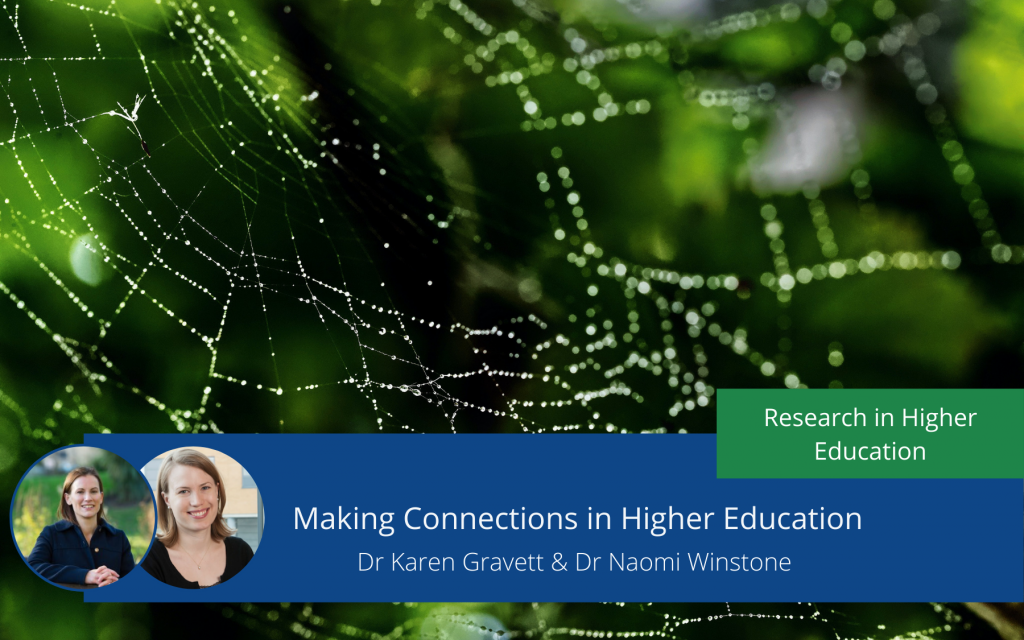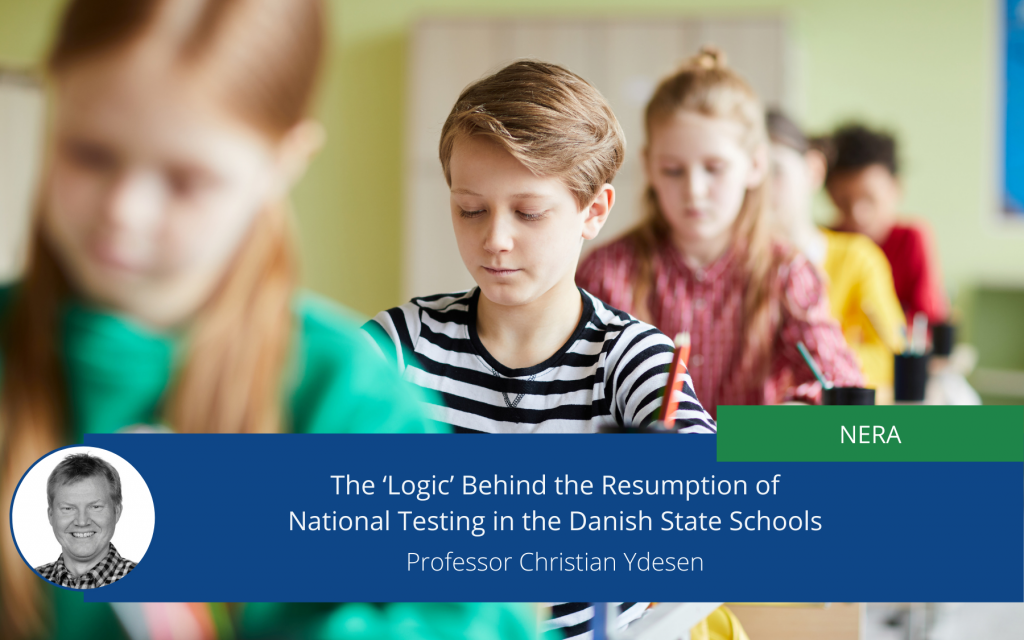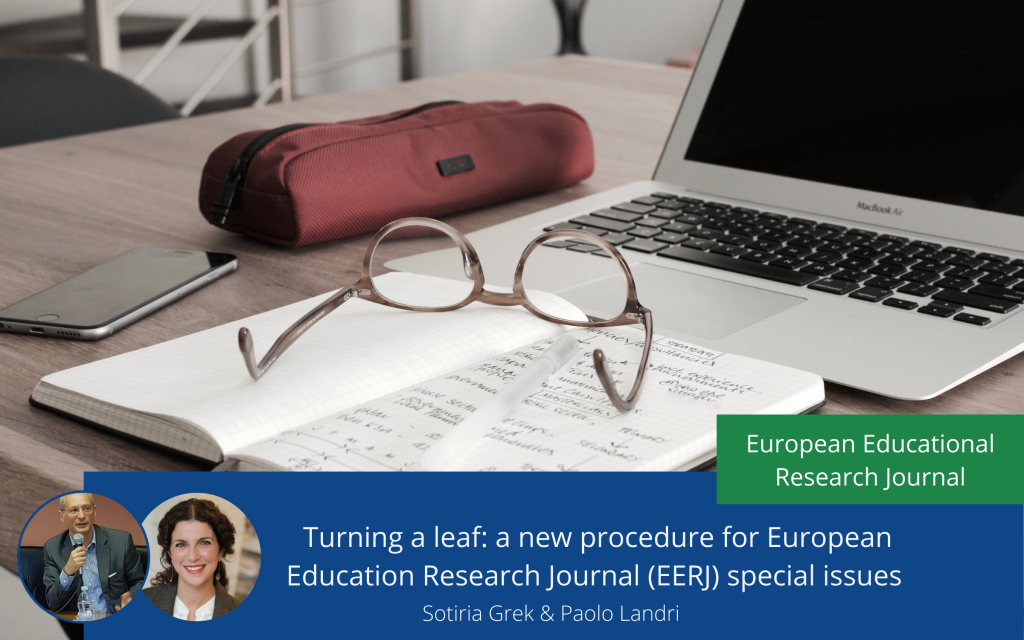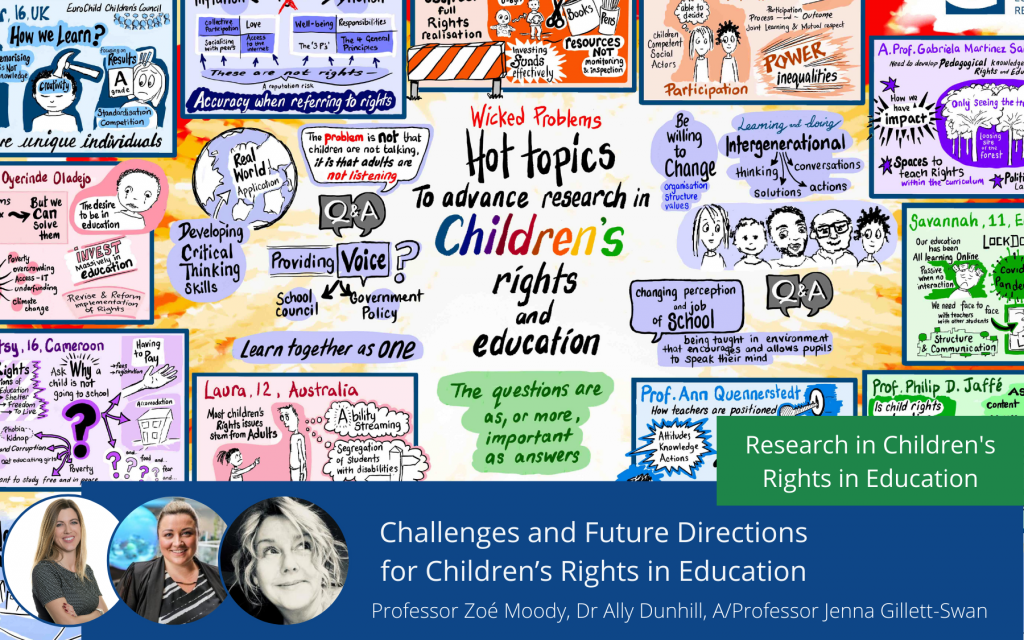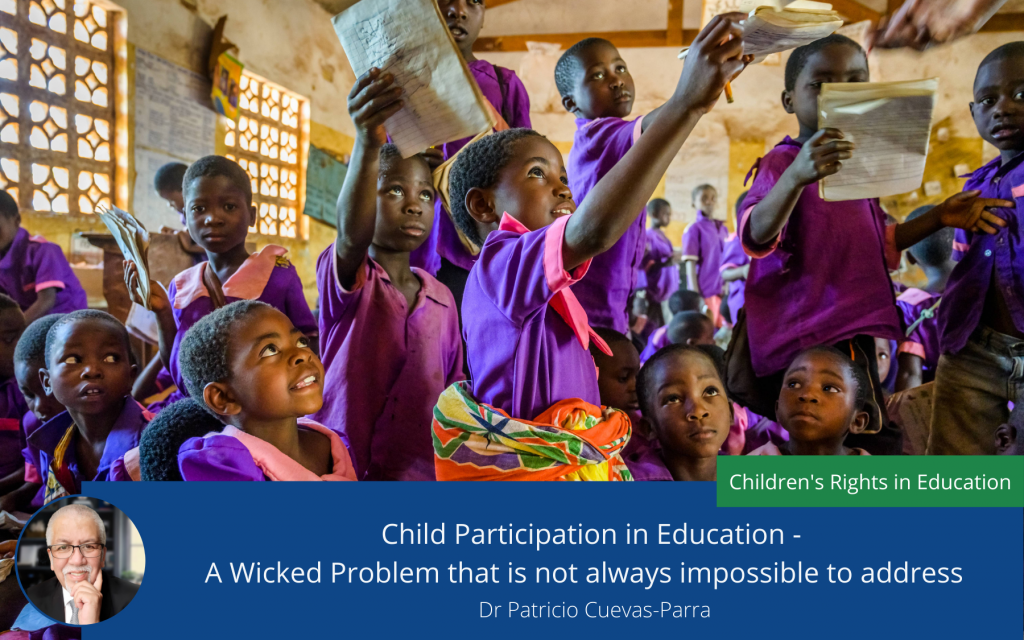EERA Networks
The academic work of EERA and especially the ECER conference is organised in networks. They are either discipline-oriented or focus on certain research themes within educational research. Currently, there are 32 networks linked to the ECER main conference plus the Emerging Researchers’ Group (ERG). The ERG organises the annual Emerging Researchers’ Conference and seeks to facilitate the integration of emerging researchers into one of the EERA networks.
Networks are represented in EERA Council via their elected Networks’ Representative.
Emerging Researcher’s Group
The Emerging Researchers’ Group aims to:
- provide a European research community for Emerging Researchers (including those undertaking a Doctorate)
- provide a forum for dissemination of Early Career Research at the Emerging Researchers´Conference
- offer support and guidance for article production via the ‘Best Paper Award’
- offer support for researchers from low GDP countries to engage with ECER.
Its main strength lies in the support it offers to ‘new’ researchers in providing a space for discussion and collaboration with peers across Europe. In addition, it creates a new space in EERA which allows emerging researchers to be supported so that a strong, independent ‘Emerging Researchers’ forum will add to EERA’s internal democratic accountability.
NW 1 Professional Learning and Development
Network 1 was established to contribute to the field of Continuing Professional Development (CPD) and to provide an opportunity for scholarly discussion and a forum for the dissemination of research. Research usually involves (but is not limited to) the learning and development of professionals and others working in education.
NW 2 Vocational Education and Training (VETNET)
Network 1 was established to contribute to the field of Continuing Professional Development (CPD) and to provide an opportunity for scholarly discussion and a forum for the dissemination of research. Research usually involves (but is not limited to) the learning and development of professionals and others working in education.
NW 3 Curriculum Innovation
Network 3 takes a curricular perspective in research on educational change. More specifically, it focuses on the challenges that policy makers, schools, teachers and other stakeholders experience when taking initiatives to alter (parts of) the curriculum.
NW 4 Inclusive Education
The Inclusive Education Network welcomes papers which contribute to a European perspective on inclusive education and students’ rights. Proposals for paper sessions, symposia and posters (including ‘moving poster sessions’, where the audience can participate in a discussion about a series of posters) are encouraged. These may be empirical, methodological or conceptual: we particularly invite papers that theorise inclusion and utilise social models of disability.
NW 5 Children and Youth at Risk and Education
The research network focusses on the problems of young peolple in large urban areas and the strategies at the national and local policy level as well as the school level that aim to improve urban education and on examples of good practice and innovative educational and youth policy.
NW 6 Open Learning: Media, Environments and Cultures
The aim is to host researchers who see the need for a pedagogical fundament for theoretical and empirical research in the area of media education, open learning and cultural contexts for learning with media.
The increasing availability of information communication technologies and their integration with other media (text based, video, TV etc) seem to bring new challenges in the design and implementation of learning and teaching curricula in which ‘open learning’ becomes a growing norm. Such challenges are often addressed in terms of their technological, pedagogical, didactical and sociological significance in educational contexts.
NW 7 Social Justice and Intercultural Education
The overall objective of Network 7 is to establish an inter-disciplinary network which includes and challenges researchers from all parts of Europe in order to share and gain knowledge about social justice in education in relation to social class, ethnicity, gender, sexuality, religion, language and culture, and about all types of intercultural education informed by assymetric power relations.
NW 8 Health and Wellbeing Education
The general objective of the Network on Health and Wellbeing Education is to provide an interdisciplinary forum to continuously explore and critically discuss dynamic relations between education and health and wellbeing. The network will contribute to conceptual development as well as empirically based evidence for the different approaches to school health promotion across Europe, and play a part in enhancing the knowledge base within educational research in a broader sense. This includes exploring the contribution of school health promotion to general school development, and potentials and challenges related to the integration of health and wellbeing in school curricula and policy following school reforms.
NW 9 Assessment, Evaluation, Testing and Measurement
The network aims to promote information exchange and active collaboration among European researchers in the field of assessment and evaluation in all levels and all sectors of education and training, to further develop assessment techniques and approaches, and to encourage the intelligent interpretation of assessment results.
In doing so, the network wants to cover not only research on the development and utilization of assessments and evaluations, and the secondary analyses of data of (international) assessment studies, but explicitly also research aimed at fundamental issues and theoretical developments in assessment, evaluation, testing and measurement.
NW 10 Teacher Education Research
Teacher education is an important field for research, since the quality of teacher education has been regularly questioned by European governments, whilst teacher quality is increasingly seen as crucial to improving educational outcomes and pupil achievement.
NW 11 Educational Improvement and Quality Assurance
Network 11 aims to stimulate scientific research and academic discourse on definition, structure, implementation, assessment and impact of educational improvement and quality. Studies related to this network may refer to schools and other formal educational institutions, to supra-national or international organizations, to non formal educational agencies and to informal initiatives that promote or affect education.
NW 12 Open Research in Education
The network intends to broaden its field of activities and interests and to intensify the communication with and within its target audience, i.e. educational researchers, information specialists and research administration. This intention is also expressed in the network’s new name: Open Research in Education.
NW 13 Philosophy of Education
The network was established in September 1997. Part of the background to its formation is a growing interest among educational researchers in the philosophical aspects of educational practice and research, reflecting perhaps a return to the fundamental questions of education and its basic concepts. Another reason may be a growing questioning of the direction in which cultural and educational developments of modern societies are moving.
NW 15 Research on Partnerships in Education
Network 15 is concerned with conceptualizing and managing partnerships in education. It takes into account the increasing networking dynamics with social partners that are taking place both in education and training as well as the research process and the results.
NW 16 ICT in Education and Training
The general objective of Network 16 is to study and improve ICT-supported education, learning and training at all levels of attainment and in different professional environments. We concentrate on integrated multilevel modeling including theorising concerning educational, instructional, (meta)cognitive, social and motivational processes, performances and effects. Particular attention is given to longitudinal research, construction and use of benchmarks at different levels, and integrated innovation and evaluation designs.
NW 17 Histories of Education
The general objective of Network 16 is to study and improve ICT-supported education, learning and training at all levels of attainment and in different professional environments. We concentrate on integrated multilevel modeling including theorising concerning educational, instructional, (meta)cognitive, social and motivational processes, performances and effects. Particular attention is given to longitudinal research, construction and use of benchmarks at different levels, and integrated innovation and evaluation designs.
NW 18 Research in Sport Pedagogy
The Sport Pedagogy Network has been established to provide a forum for European researchers working in the academic spaces where education and sport come together. ‘Sport Pedagogy’ focuses on learning in, about and through sport/physical activity in a range of contexts including the school, community and family. It includes physical education, coaching science/studies, and relevant aspects of sport policy.
NW 19 Ethnography
The ethnography network aims to provide a space for educational researchers who engage in ethnography. We encourage contributions that discuss findings from ethnographic research, as well as contributions that focus on ethnographic methodology, epistemology, and practice. Our objective is to develop the field of ethnographic research in education across Europe through ECER conferences, further ethnographic conferences, as well as the network-related journal, Ethnography and Education.
NW 20 Research in Innovative Intercultural Learning Environments
The Network welcomes papers dealing with cultural identity and diversity, multi-ethnic learning groups and communities, intercultural discourses and the role of inclusive intercultural education in promoting both the local identities of groups and a sense of common citizenship in Europe.
NW 22 Research in Higher Education
The objective of this network is to bring together people and projects working in higher education institutions across Europe (and beyond) in order to develop a clearer picture of policies, trends and developments in different countries, and to promote pan-European research collaboration and dissemination.
NW 23 Policy Studies and Politics of Education
The Network has an interest in understanding education, and educational continuity and change, from a ‘critical social science’ perspective.
It wishes to encourage papers that:
- consider the historical and cultural construction of contemporary educational formations
- highlight the way education policy and politics is shaped by power relations, based in class, gender, ‘race’ and other social divisions, that play out through social movements and processes of institutional formation
- engage with policy developments that attempt to harmonise policies and politics across and beyond the EU.
NW 24 Mathematics Education Research
NW 25 Research on Children’s Rights in Education
NW 26 Educational Leadership
NW 27 Didactics – Learning and Teaching
The network provides a Europe wide meeting place for educational researchers from the diverse traditions in relation to didactics and /or teaching and learning. Central questions from a didactical perspective are what is taught, what is learned and also why, and how. In turn these questions raise further questions about the role of subjects and subject didactics and also, significantly for many traditions within Europe, about the concept of Bildung. Thus, the relations between subject specific, comparative and general didactics and/or research on teaching and learning can be explored. Bringing together research on teaching and learning in different subject-specific domains, we in particular aim at discussing the generic aspects of teaching and learning on an empirical basis.
NW 28 Sociologies of Education
NW 30 Environmental and Sustainability Education Research
NW 31 Network on Language and Education
In light of the increasing significance of language education linguistically diverse, heterogeneous contexts as a result of globalization and mobility, more and more educational systems are experiencing the need to train teachers, educators and administrators in aspects of linguistics and sociolinguistics that are relevant to educational practice. On numerous occasions, language competence and performancehave been identified as key to school success. This applies to all pupils, allochthonous as well as autochthonous. It is thus necessary to allot more attention to language and education within the European research space.
NW 33 Gender and Education
We believe it is time gender and education became an autonomous network within EERA. Moreover, the importance of gender as a topic of research in the scope of education sciences domain needs to be thus recognized. Knowledge produced by continuous, high class research on gender issues is needed also for successful evidence based educational policy making.

